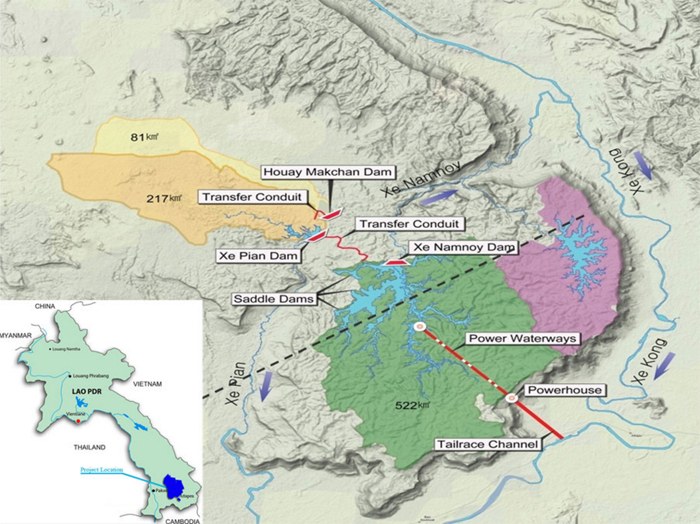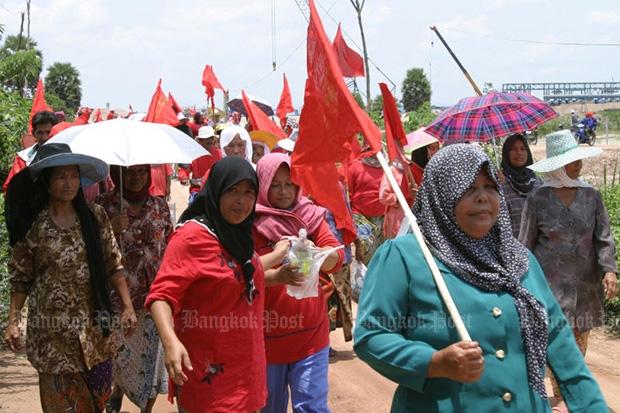
This worker is able to cut through the tangle to install internet connection lines along Sarasin Road in Bangkok but the ICT ministry has failed to organise an auction to move ahead the national broadband project.
Thailand’s 15-billion-baht national broadband construction project is facing further delay to at least the end of next year, as officials are unable to complete the terms and conditions for an auction seeking broadband equipment suppliers, says a high-ranking source at the Information and Communication Technology (ICT) Ministry.
The source conceded that Prime Minister Prayut Chan-o-cha had expressed concern that the delay of the national broadband project would inevitably affect the development of Thailand 4.0, which entails a sustainable, value-based economy.
The source acknowledged that the ICT Ministry had failed to complete the setting of terms and conditions for an auction needed to find qualified suppliers to provide fibre-optic broadband network equipment for the project.
“After several months of forming terms for the auction, the ICT Ministry is unable to complete it,” the source said, adding that the ICT Ministry is undergoing a functional organisational restructuring, resulting in a lack of cooperation among its officials — the key factor leading to the delay.
The government has assigned TOT Plc and CAT Telecom to jointly take charge of determining the zoning districts for the villages where they will roll out the broadband infrastructure.
The state plans to roll out the national broadband network across 39,000 villages nationwide, providing affordable high-speed internet access to low-income households in rural areas.
There are 79,000 villages in the country, 40,000 of which already have broadband internet access.
The cabinet in January 2016 approved the allocation of 20 billion baht from its fiscal budget for the ICT Ministry to construct hard infrastructure under the digital economy scheme. Of the total, 15 billion baht is slated to be invested in broadband internet networks for 39,000 villages nationwide. The remaining 5 billion baht is for the construction of submarine cables.
Construction of the national broadband network is one of five policies the government has set up to spur the development of the digital economy.
The five policies are: the development of hard infrastructure, especially the broadband network; leveraging smart e-government services; promoting technology start-ups; creating digital telecentres to help local businesses and increase the number of e-commerce businesses; and pushing up the related digital economy draft bills.
The ICT Ministry has outlined a five-year master plan for developing the country’s hard infrastructure to boost the minimum standard for broadband internet speed nationwide.
By 2020, a minimum download speed of 20 megabits per second will be available in all schools and community areas and 100Mbps in provincial economic zones.
Source: http://www.bangkokpost.com/news/general/1043757/national-broadband-project-snag-may-affect-thailand-4-0


